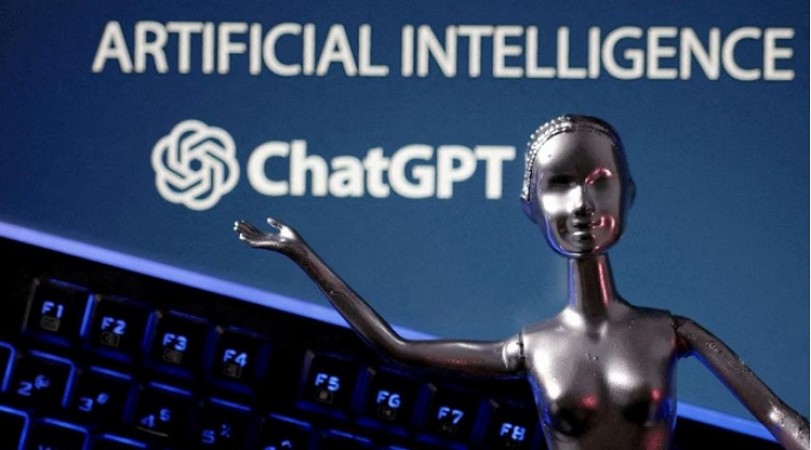
OpenAI, the company behind the renowned ChatGPT, is reportedly considering the development of its own AI chips, according to insiders familiar with internal discussions. While no concrete decisions have been made, OpenAI has been grappling with the challenge of securing expensive AI chips, a crucial component of its operations.
The shortage of high-priced AI chips has compelled OpenAI to explore various options, which include crafting its own AI chips, forging closer collaborations with chip giant Nvidia, and diversifying its supplier base beyond Nvidia.
OpenAI has chosen to remain tight-lipped about the matter. However, CEO Sam Altman has made no secret of his priority to acquire more AI chips. He has vocally lamented the scarcity of graphics processing units (GPUs), an arena currently dominated by Nvidia, which claims over 80% of the global market for AI application-ready chips. Altman's concerns primarily revolve around the dearth of advanced processors powering OpenAI's software and the exorbitant costs of maintaining the hardware necessary for its operations and products.
Since 2020, OpenAI has harnessed its generative AI technologies through a colossal supercomputer supported by Microsoft, one of its major backers. This supercomputer relies on a whopping 10,000 Nvidia GPUs.
Operating ChatGPT proves to be a costly endeavor for OpenAI, with each query consuming approximately 4 cents, as estimated by Bernstein analyst Stacy Rasgon. If ChatGPT queries were to approach just a tenth of Google's search volume, OpenAI would require an initial investment of roughly $48.1 billion in GPUs and an annual expenditure of about $16 billion on chips to sustain operations.
The Pursuit of Custom Chips
OpenAI's pursuit of custom AI chips would align it with tech giants like Google and Amazon, who have ventured into chip design for their core businesses. However, the decision to proceed with custom chip development remains uncertain and would entail substantial investments, potentially totaling hundreds of millions of dollars annually, as per industry experts. Success is far from guaranteed, but an acquisition of an established chip company could expedite the process, akin to Amazon's acquisition of Annapurna Labs in 2015.
Sources indicate that OpenAI advanced to the due diligence stage of a potential acquisition but did not disclose the identity of the target company.
Even if OpenAI commits to crafting a custom chip, including through an acquisition, the endeavor is expected to span several years, leaving the company dependent on commercial providers like Nvidia and Advanced Micro Devices in the interim.
Mixed Results for In-House Chip Production
Historically, some major tech companies have ventured into producing their own processors with mixed results. Meta, for instance, has encountered setbacks in its custom chip efforts, leading to the abandonment of certain AI chips, as reported by Reuters. The social media giant is now working on a new chip designed to accommodate a broad spectrum of AI tasks.
Microsoft, OpenAI's primary supporter, is also in the process of developing a custom AI chip, currently undergoing testing. This development may signify a growing divergence between the two companies.
Surging Demand for Specialized AI Chips
The launch of ChatGPT in recent times has fueled a surge in demand for specialized AI chips. These chips, often referred to as AI accelerators, are indispensable for training and running cutting-edge generative AI models. Notably, Nvidia remains one of the few chip manufacturers capable of delivering such AI chips and continues to dominate this lucrative market segment.
Google Unveils Pixel 8 Series, Pixel Watch 2, and Android 14 OS
Apple Resolves iPhone 15 Overheating Issue with iOS 17.0.3 Update